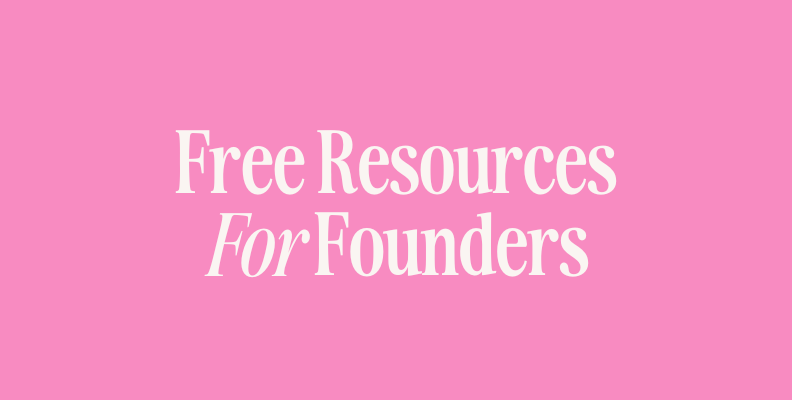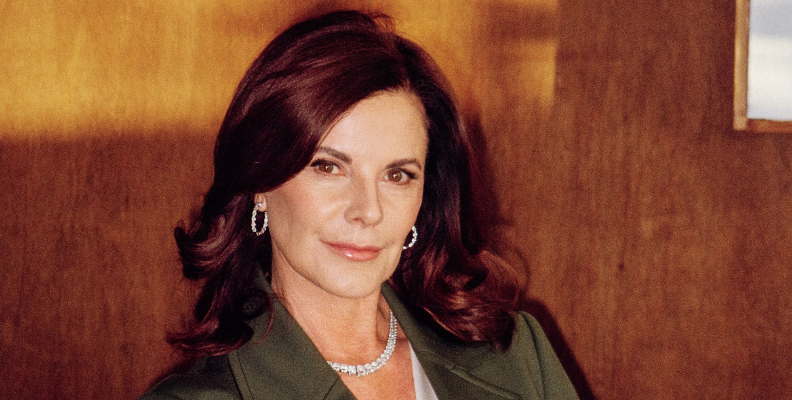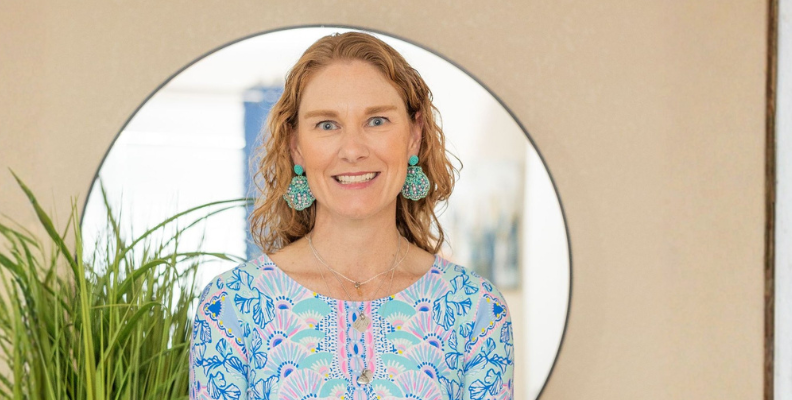
From Resentment to Respect: Recognizing 3 Boundary Weaknesses and the Path to Setting Stronger Limits
August 22, 2025
Resentment is often a sign that a need has not been met.
I’ve told this to my clients many times, but what does it really mean? Resentment—an emotion we often feel deeply—whether in the pit of our stomach, at the edge of our eyes with tears, in the tightness of our chest, or the constriction in our throat - is an intense disappointment with another person who neglects to see or understand us.
The intensity of resentment can range from high to low because it’s connected to past or unresolved relationship hurts. When something remains unhealed and leaves a mark on current or future interactions, we should pause, reflect, and ask—What is my hurt? What do I need? How can I find the courage to speak up and create a positive outcome?
We all can improve in connecting honestly, thoughtfully, and kindly for our emotional well-being. However, there are a few things we can fix quickly and intentionally: acknowledging our needs, setting limits, and following through with boundary actions.
These steps help build self-respect, reduce shame and guilt, and lessen resentment toward others. Before I share ways to strengthen these areas, let’s discuss how we often hinder ourselves and create disharmony when setting our boundaries and limits.
- We anticipate and assume rather than request and invite.
In both personal and professional relationships, we often rely on past experiences to set expectations. But assumptions don’t automatically lead to clarity or healthy outcomes. Strong relationships are grounded in direct communication, clear requests, and open invitations.
When we ask directly, the answer—yes, no, maybe, or beyond—helps us move forward more confidently. Understanding someone’s capacity allows us to respond with more care to them and ourselves.
From an early age, women, especially, are taught to anticipate others' needs. Over time, many of us become disappointed when others don’t reciprocate this effort. But no one is a mind reader. Consistently and clearly expressing ourselves leads to healthier, more respectful interactions.
- We assume that stating a boundary once is enough.
We’re fortunate to live in a time when boundaries are more accepted and encouraged. Many people are gaining the courage to share what they dislike, need, or cannot do. Still, it’s frustrating when we have to repeat ourselves, feel unheard, and feel dismissed by someone else’s forgetfulness. However, for those who matter, restating boundaries shows we take them seriously and encourages them to do the same. More importantly, we need to follow up with actions that support our limits, especially when others overlook or misunderstand them.
- We don’t follow through with actions that match our boundaries.
Naming a boundary isn’t enough if we don’t act in ways that uphold it. Once we communicate a limit, we must take clear steps to enforce it. Otherwise, it remains unprotected. It’s not just about telling others what we need—it’s about acting in alignment with our values so we stay true to ourselves.
So how can we set firm, thoughtful limits that foster respect and reduce resentment?
- Express your needs clearly and consistently. Don't assume others know what you need.
- Repeat your requests, knowing that the response helps define what’s possible in the relationship.
- Complete a boundary action. Acknowledging a boundary is just the start. Following through helps meet your emotional needs with compassion and clarity.
As you work on setting stronger boundaries, remember that practice is your best tool. Knowing your core values will guide your actions, and advocating for yourself begins with you.















.png)






